AI4POL
Künstliche Intelligenz für bessere politische und regulatorische Steuerung
AI4POL ist ein Horizon-Europe-Projekt, das europäische Regulierungsbehörden und politische Entscheidungsträger mit dem nötigen Wissen und den geeigneten Instrumenten ausstattet, um KI-Technologien wirksam zu steuern und zu regulieren.
Künstliche Intelligenz verändert Wirtschaft, Gesellschaft und Machtstrukturen in rasantem Tempo. Obwohl in den letzten Jahren neue EU-Regelungen verabschiedet wurden, schreitet der technologische Wandel weiter voran – und politische Entscheidungsträger*innen kämpfen weiterhin damit, Schritt zu halten. Es fehlen häufig die notwendigen Werkzeuge, das Fachwissen und die geeigneten Rahmenbedingungen, um diese Transformation wirksam zu steuern und zu beaufsichtigen.
AI4POL wurde ins Leben gerufen, um zu verstehen, wie Europas Vision, die Entwicklung von KI nach eigenen Maßstäben zu gestalten – also fair, transparent und an gesellschaftlichen Bedürfnissen orientiert – tatsächlich umgesetzt werden kann.
Zusammengefasst verfolgt AI4POL das übergeordnete Ziel, die Position der EU im globalen KI-Bereich zu stärken. Dies geschieht, indem politische Entscheidungsträgerinnen und Regulierungsbehörden mit dem Wissen, den Instrumenten und den Strategien ausgestattet werden, die sie benötigen, um die Entwicklung von KI-Technologien zu verstehen und zu überwachen sowie evidenzbasierte, zukunftsfähige und wirksame Regulierungen zu erarbeiten und umzusetzen – im Einklang mit den Menschenrechten, europäischen Werten und den Bedürfnissen der Bürgerinnen.
Unsere Arbeit
AI4POL ist ein durch das EU-Programm Horizon Europe gefördertes Forschungsprojekt, das interdisziplinäre Expert*innen zusammenbringt, um praxisorientierte Erkenntnisse und Steuerungsinstrumente für die Regulierung Künstlicher Intelligenz (KI) zu entwickeln. Das Projekt bearbeitet dabei mehrere zentrale Themenfelder:
- "Next Generation AI Governance" widmet sich der Ermöglichung sicherer und rechtskonformer Datennutzung, der Definition und Überwachung von Self-Preferencing in digitalen Märkten sowie der Erkennung von manipulativen Praktiken gegenüber Verbraucher*innen im Netz – mit dem Ziel, durchsetzbare und widerstandsfähige KI-Regulierung zu ermöglichen.
- "AI-Powered Public Insight for Smarter, Citizen-Centric Regulation" nutzt KI-Technologien, um komplexe digitale Regelwerke für die Öffentlichkeit verständlicher zu machen und strukturierte Feedbackmechanismen zu schaffen, die Regulierungsbehörden dabei unterstützen, besser auf die Bedürfnisse und Erfahrungen der Bürger*innen einzugehen.
- "Trustworthy AI for Financial Services" entwickelt ein politisches Toolkit, das auf mathematischen Risikomodellen und ethischen Prinzipien basiert, um Finanzaufsichtsbehörden bei der Identifikation, Bewertung und Steuerung von Risiken KI-gestützter Anwendungen zu unterstützen – und gleichzeitig verantwortungsvolle Innovation und Vertrauen in das Finanzsystem zu fördern.
- "AI-Development and Institutional Constraints" analysiert, wie globale Entwicklungskapazitäten im Bereich KI mit institutionellen Governance-Strukturen interagieren. In diesem Zusammenhang wird ein „AI Threat Index“ erstellt – mit besonderem Fokus auf China und Russland als Fallbeispiele.
Diese vier Arbeitspakete ermöglichen es AI4POL, eine evidenzbasierte, durchsetzbare und zukunftsfähige KI-Regulierung zu unterstützen, die sich an europäischen Werten und gesellschaftlichen Prioritäten orientiert.
Wie wir arbeiten
AI4POL arbeitet kollaborativ über Fach- und Sektorengrenzen hinweg, um praxisnahe und wissenschaftlich fundierte Werkzeuge und Empfehlungen zu erarbeiten. In enger Zusammenarbeit mit EU-Politikgestalterinnen, Regulierungsbehörden, Industrieexpertinnen, zivilgesellschaftlichen Organisationen und der Forschungsgemeinschaft werden Forschungsergebnisse in konkrete Outputs übersetzt – darunter Policy Briefs, Workshops, interaktive Dashboards und juristische Rahmenwerke
Unser Ansatz stellt sicher, dass die Regulierung von KI nicht nur auf dem neuesten Stand technischer und ethischer Erkenntnisse ist, sondern auch den praktischen Anforderungen derjenigen entspricht, die sie in der Praxis umsetzen und durchsetzen müssen.








